PMKRI Marks 78 Years Calling to Protect Raja Ampat and Strengthen Youth Leadership for Justice
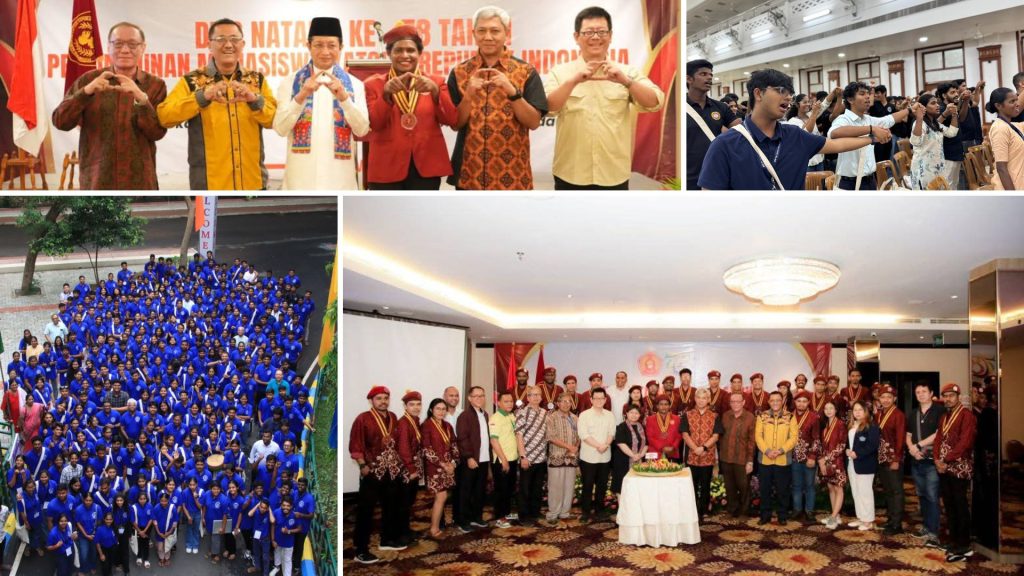
National Movement in Action: PMKRI and AICUF
A. PMKRI (Indonesia)
PMKRI celebrated its 78th anniversary in Jakarta, reaffirming its mission for national justice, interfaith harmony, and Indigenous rights. With strong messages from national leaders and Church officials, the event highlighted the importance of youth-led efforts in shaping a sovereign and inclusive Indonesia. PMKRI also issued a bold statement calling for an immediate halt to nickel mining in Raja Ampat, citing environmental destruction and Indigenous land violations.
STATEMENT: Perhimpunan Mahasiswa Katolik Republik Indonesia (PMKRI) has officially expressed deep concern and firmly urged the Indonesian government to immediately stop all ongoing nickel mining activities in Raja Ampat, Southwest Papua Province. These activities not only threaten the sustainability of a highly sensitive ecological environment but also neglect the social, cultural, and economic rights of local communities.
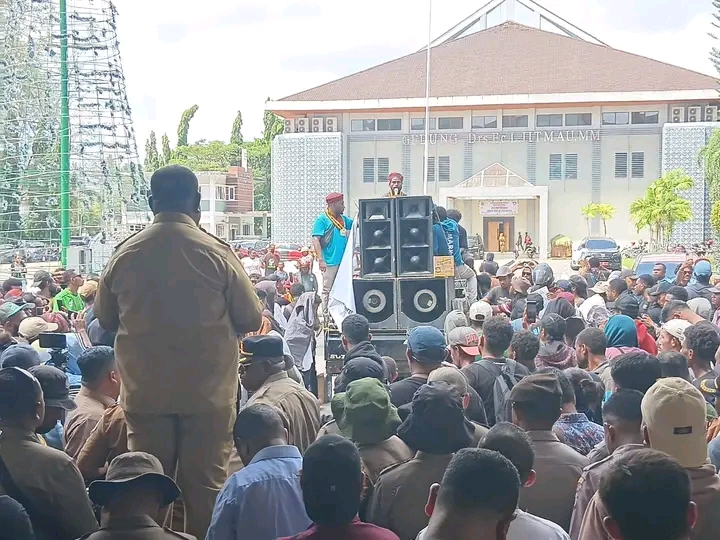
Raymundus Yoseph Megu, Head of the Department of Social Movements of PMKRI, emphasized that the operations by PT Gag Nickel on Gag Island and PT Anugerah Surya Pratama (ASP) on Manuran Island have caused serious ecological damage in a globally significant marine biodiversity hotspot. Raja Ampat is known to host over 550 coral species and around 1,400 species of fish, making it one of the richest and most fragile marine ecosystems in the world.
“Mining activities in such a region contradict the principles of sustainable development and undermine Indonesia’s commitments to marine conservation and climate crisis mitigation,” Raymundus stated. He added that nickel extraction risks causing excessive sedimentation through rainwater runoff, which can smother coral reefs, block sunlight penetration, and hinder photosynthesis—essential for reef survival.
Additionally, mine waste containing heavy metals and toxic chemicals poses a severe threat to both land and marine ecosystems. The destruction of coral reefs would disrupt the entire marine life chain, affecting coastal communities that rely on traditional fishing for their livelihoods.
Raymundus stressed that the state must protect, not facilitate exploitation. Ministries such as the Ministry of Energy and Mineral Resources (ESDM), the Ministry of Environment and Forestry (KLHK), and related agencies must evaluate all mining permits in sensitive ecological zones like Raja Ampat. Parliament and law enforcement authorities must also take decisive action. “PMKRI consistently stands for the care of our common home, aligned with the spirit of Laudato Si’ by Pope Francis. Mining on small islands like Gag is ecologically reckless and could trigger a butterfly effect of marine destruction across Raja Ampat. We demand the complete halt of all mining activities in the region,” he concluded.
Meanwhile, the National President of PMKRI, Susan, called on the President and Vice President of Indonesia to ensure that development in Papua is just, inclusive, and sustainable. “We urge the President and Vice President to ensure that all forms of development in Papua—now divided into six provinces—respect the living space of Indigenous communities and protect the environment. Open dialogue must be prioritized with Indigenous peoples, youth, and local civil society actors,” said Susan. She added that Papua is the lung of the world, and the people of Papua must be able to live safely and with dignity, from Sorong to Merauke. “I hope national, provincial, and district governments will collaborate to build sustainable tourism in Raja Ampat as a source of local income without threatening Indigenous livelihoods or future generations,” she concluded.
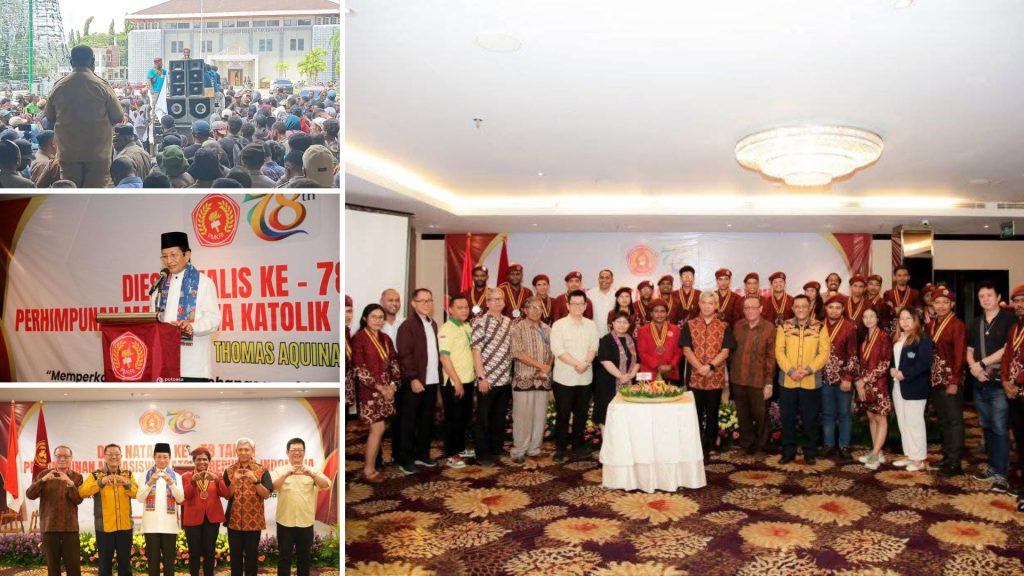
B. AICUF (India)
brought together over 250 student leaders for its 6th National Convention in Chennai under the theme “Students in Pursuit of Change.” Participants engaged in dialogue on faith-based activism, youth leadership, and democracy through keynotes from leading voices including Justice Kurian Joseph and Fr. Stanislaus D’Souza SJ. These moments reflect the prophetic voices and transformative action rising from the national movements of IMCS.
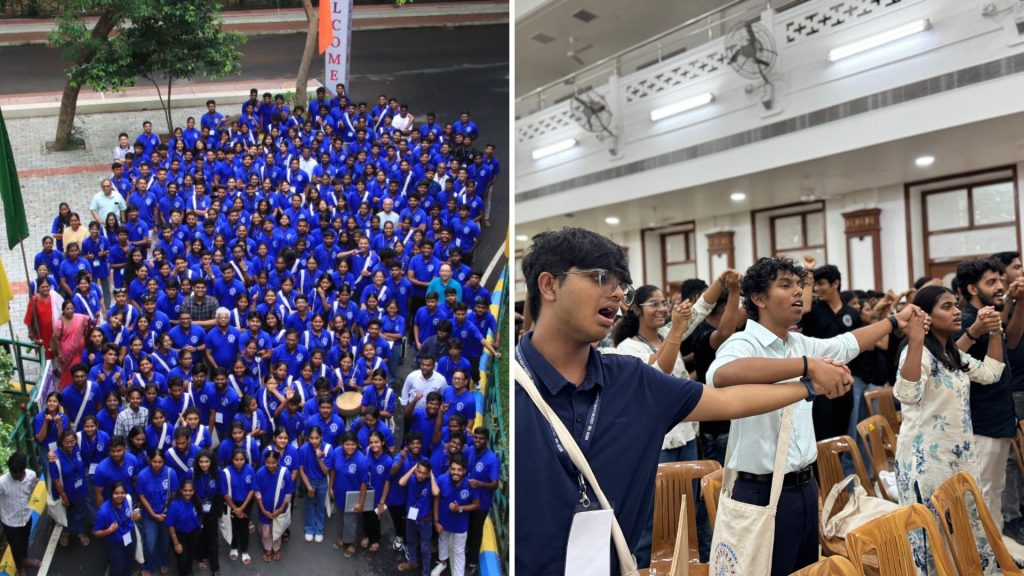
Share this article
Related Topic:
Share This:

IMCS Asia Pacific
The International Movement of Catholic Students (IMCS) Asia Pacific is a dynamic regional organization dedicated to empowering young Catholics to actively engage in social justice, human rights, and sustainable development. Through education, advocacy, and collaboration, IMCS aims to nurture leadership, build solidarity, and inspire students to be agents of change within their communities and beyond.
@2020 - IMCS AP - All Rights Reserved.

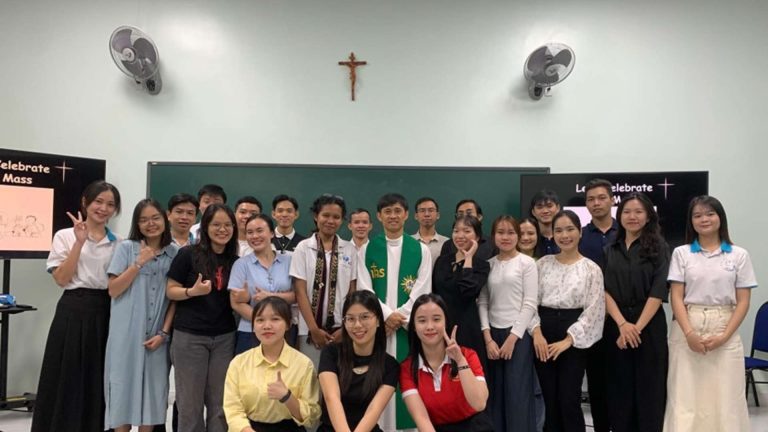
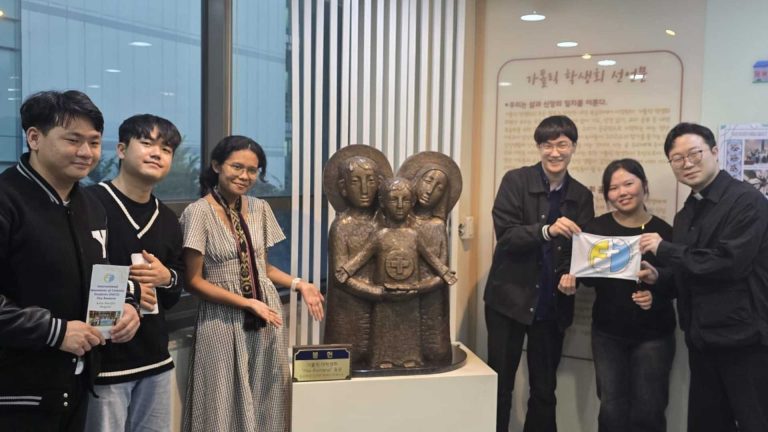
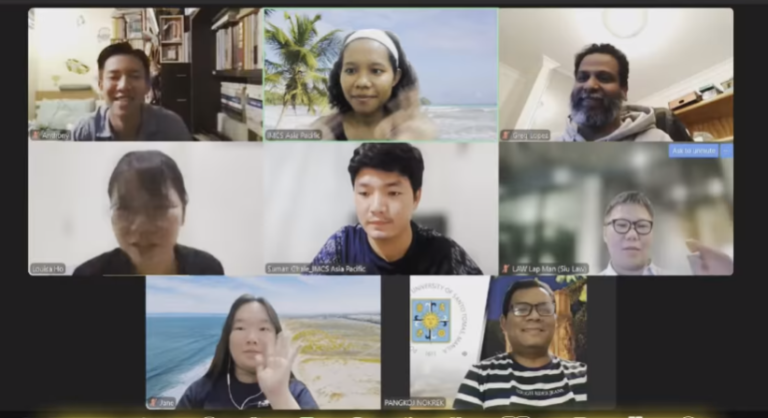
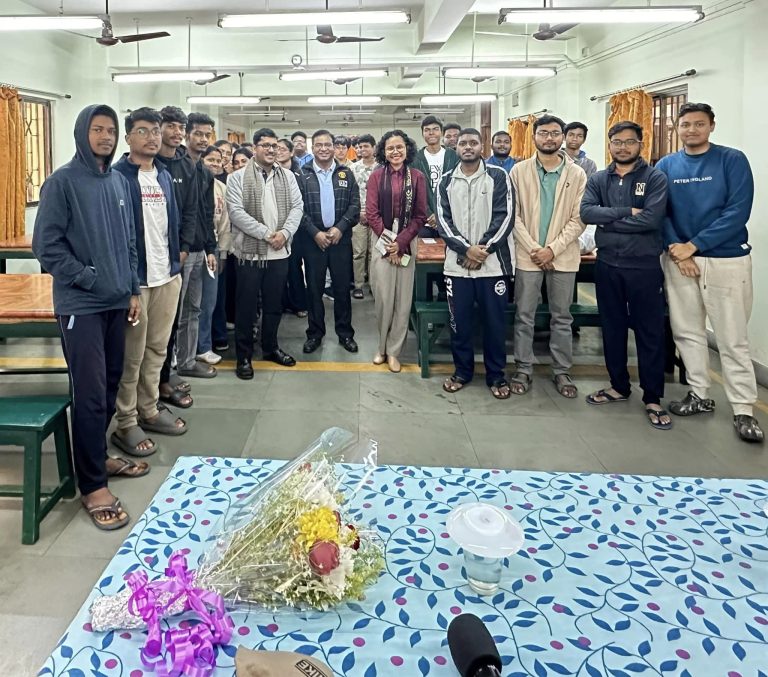
Leave a Reply